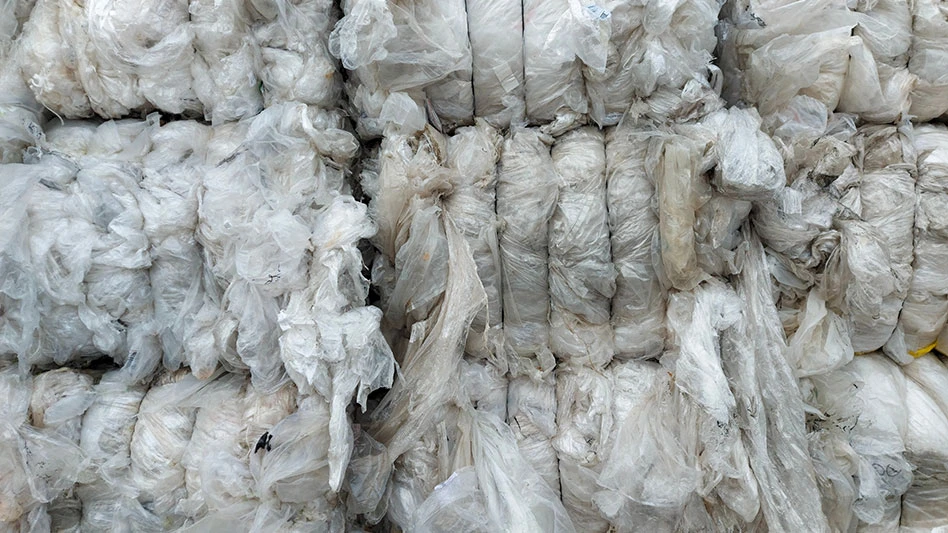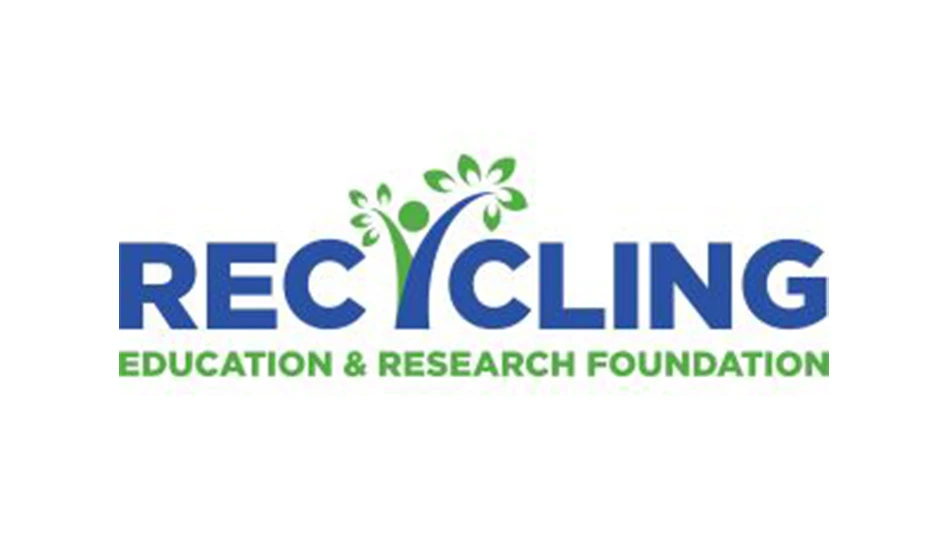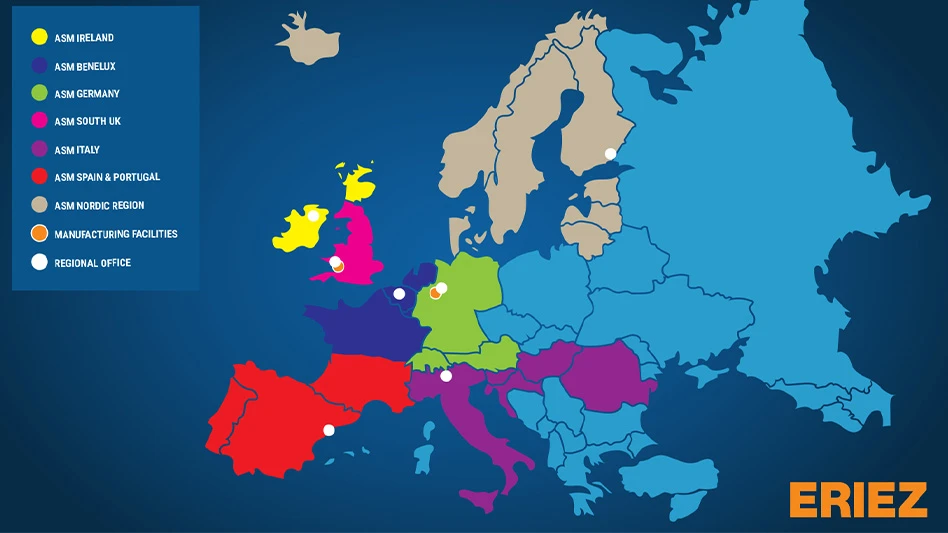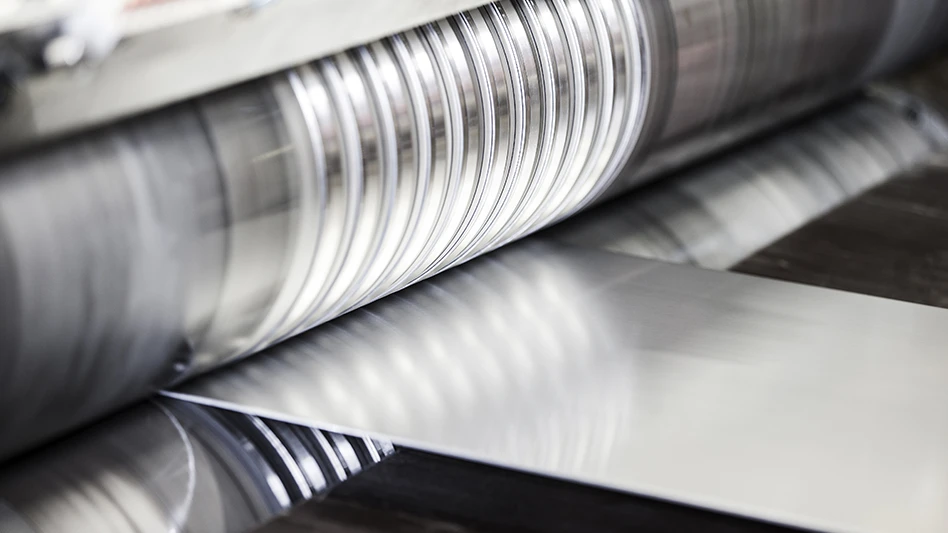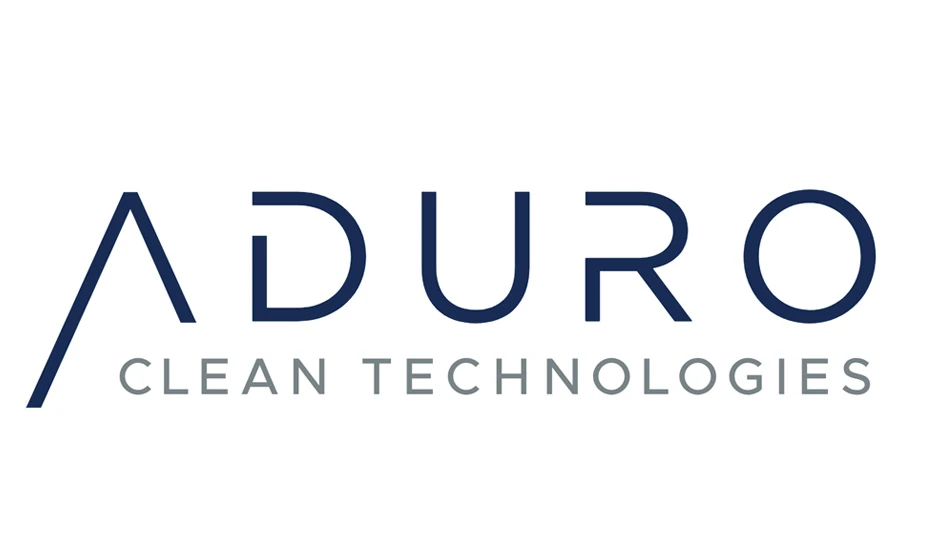The Department of Energy, Argonne National Laboratory, the Vehicle Recycling Partnership of USCAR (a partnership of DaimlerChrysler Corp., Ford Motor Co. and General Motors Corp.) and the American Plastics Council today announced the signing of a five-year, multi-million dollar cost-shared Cooperative Research and Development Agreement (CRADA) designed to maximize the cost-effective recycling of end-of-life vehicles.
“This project brings together the American Plastics Council’s knowledge of polymers and recycling processes, Argonne’s research expertise and USCAR’s understanding of the marketplace,” Harvey Drucker, Argonne’s associate laboratory director, says. “Together as a team, we can lead the development of viable solutions to the vehicle recycling challenges of today and the future.”
With greater demands for better fuel economy and lower emissions, manufacturers are incorporating increasing amounts of lightweight and non-metallic materials into vehicles. At the end of their serviceable lives, about 15 million vehicles annually are discarded and sent to recycling companies for shredding. Much of the non-metallic materials in end-of-life vehicles cannot now be recycled in light of the difficulty of separating and sorting the materials and a lack of existing markets and applications for recycled non-metallics. This leftover shredder residue, comprising about 25 percent of every junked vehicle, must then be landfilled at a significant cost to the vehicle recycler.
Together Argonne, the American Plastics Council and USCAR intend to pursue an aggressive research agenda that will focus on the development and demonstration of technologies to recover and recycle automotive materials within the existing recycling infrastructure. The CRADA team will seek cooperation with all key stakeholders.
“Vehicle recycling can be a self-sustaining process that pays for itself in the U.S.,” Mike Fisher, director of technology for the American Plastics Council, says. “The headway we make in boosting vehicle recyclability will be a boon to the American recycling industry and the American Plastics Council is pleased to be actively involved in the search for optimal, sustainable solutions to the management of end-of-life vehicles.”
A new pilot recycling facility already operating at Argonne will serve as a focal point for the broader research that will be conducted by the CRADA partners.
Argonne’s pilot facility incorporates a two-stage separation process that begins with bulk separation of all shredder residues into four categories: fines (iron oxides, other oxides, glass and dirt), polyurethane foams, polymers (polypropylene, polyethylene, ABS, nylon, PVC, polyester, et al) and ferrous and nonferrous metals.
“The CRADA allows Argonne, the American Plastics Council and USCAR to leverage significant technical resources,” Pat Flaherty, executive director of USCAR, says. “Together, we have the potential to make a substantial positive impact in the recycling of materials from end-of-life vehicles in the United States.”
The American Plastics Council advocates unlimited opportunities for plastics and promotes their economic, environmental and societal benefits. The vision of the automotive plastics industry is to establish plastics as the material of choice in the design of all major automotive components and systems by 2020. Visit www.plastics-car.com for additional information.
Latest from Recycling Today
- CalRecycle opens comment period on proposed SB 54 revisions
- 2026 Circular Steel Summit: Taking stock of tariffs
- CDRA Conference & Tradeshow 2026: Addressing battery fire risks
- Darda equipment now available in North America
- Struktol's ZB 47 and ZB 49 improve processability in rubber compounds
- Volatility wave hits copper pricing
- ArcelorMittal legal battle with Italy continues
- Altor program boosts EPS recycling

